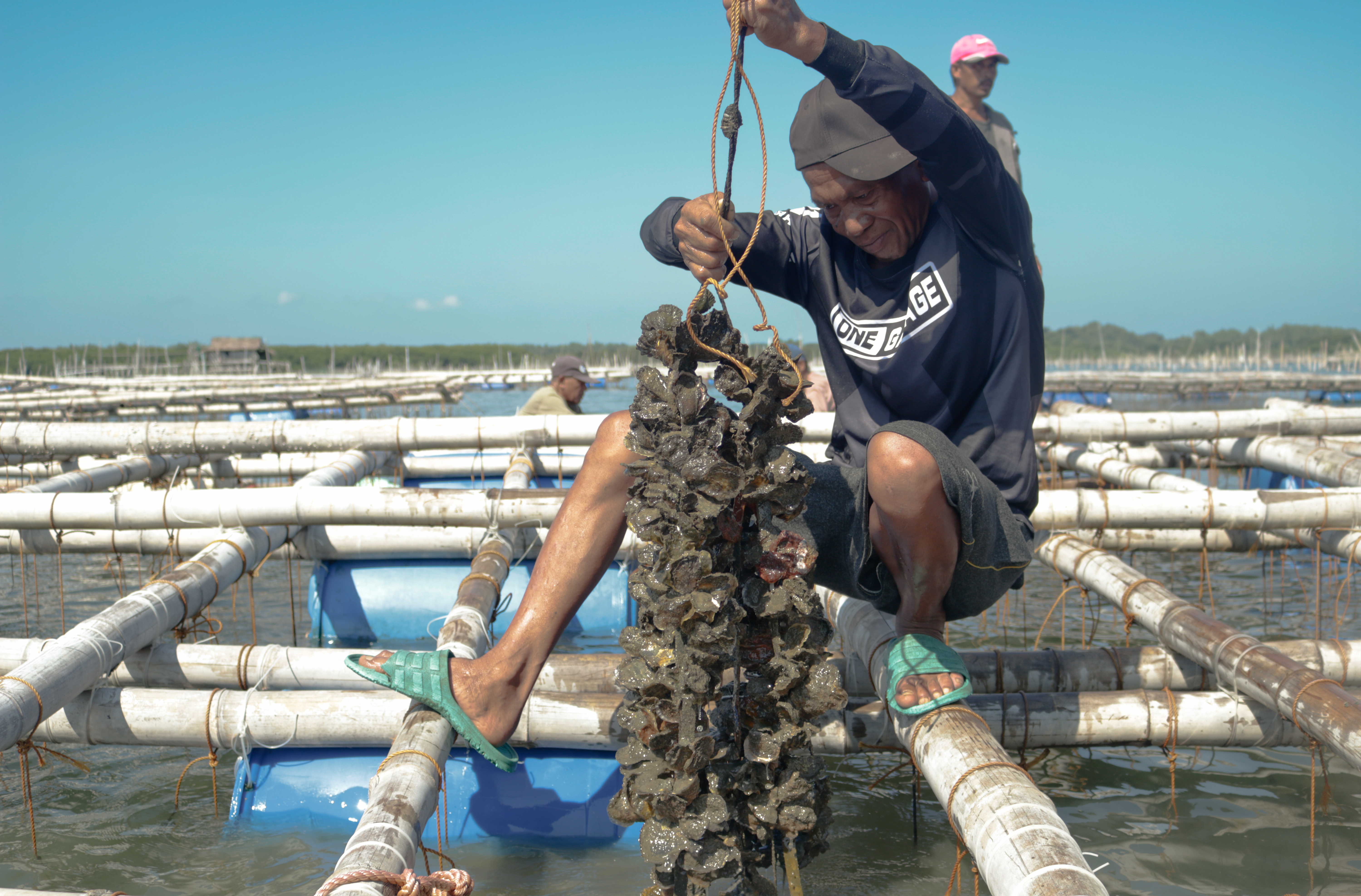
About the Program
The Philippines is one of the top fish producing countries in the world thus highlighting the important role of the aquaculture and fisheries sector in ensuring food security and reducing poverty of the population. It plays a significant contribution to the economy as source of food, livelihood, and employment.
The Aquaculture and Fisheries research for development (R4D) program prioritizes demand-driven and outcome-based R4D initiatives that seek to develop knowledge, tools, models, or other products that bring about needed changes and improvements to the fisheries sector.
Consistent to and supportive of national priorities and programs, the program likewise considers cross-cutting concerns, such as, climate change; gender and development; biotechnology; organic aquaculture; inclusivity; infrastructure; and mechanization.
Objective
Strengthen the collaborative work among research institutions to support development and adoption of sustainable aquaculture and fisheries technologies that benefit the marginalized sector and make small-scale fisheries more resilient and productive.
Priority
- milkfish
- tilapia
- shrimp
- crab
- seaweeds
- other economically important fisheries commodities
R4D priority areas (2023-2028)
AQUACULTURE
- Development of innovative and cost-efficient feed processing protocols to improve digestibility and bioavailability of locally available ingredients
- Formulation and commercialization of new and existing feed formulation using indigenous and locally available ingredients
- Development of hatchery protocol for indigenous aquatic species
- Development/enhancement of culture technologies for economically important seaweeds
- Development/enhancement of culture technologies for economically important bivalves
- Development/enhancement of diseases detection and diagnosis methods
- Enhancement of biosecurity related tools and processes to prevent and control the spread of new and emerging diseases
CAPTURE FISHERIES
- Documentation and valuation of traditional fishing techniques and practices of indigenous fishing communities
- Spatial Distribution and Migration Pattern
- Impact assessment of policies on stocks and fisheries management
- Policy studies on catch composition of invertebrate fisheries including gleaning and small-scale artisanal fisheries
PROCESSING AND PRODUCT DEVELOPMENT
- Value chain analysis and food development
- Development or enhancement of post-production technologies in support to food safety
- Strategic research in reducing postharvest losses
- Traceability studies for all fish and fish-related products
- Documentation and valuation of traditional postharvest practices of indigenous fishing communities